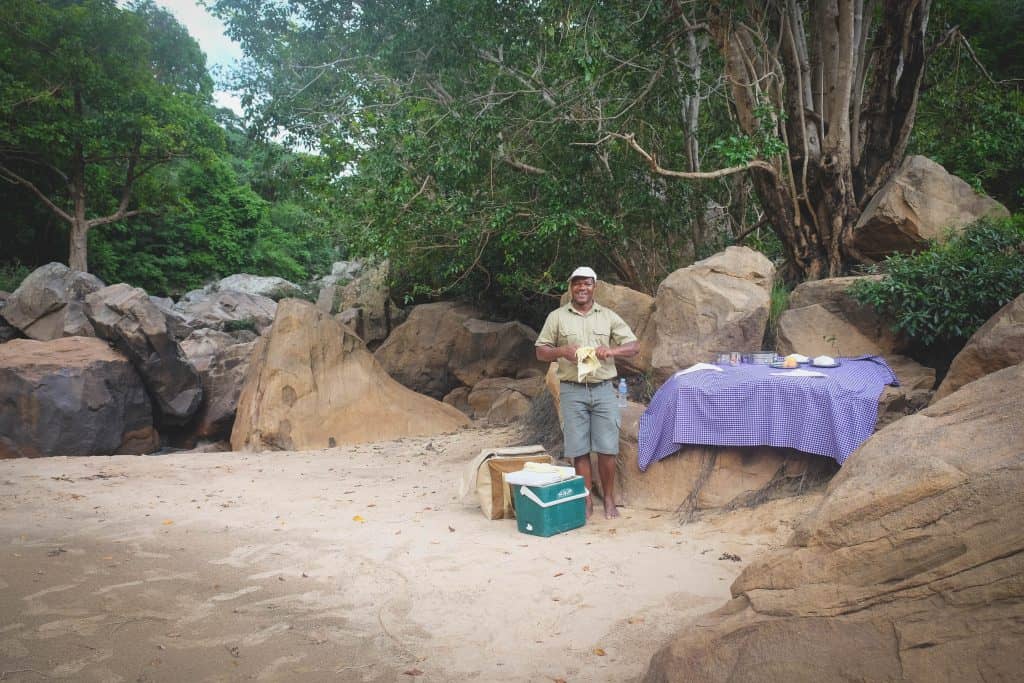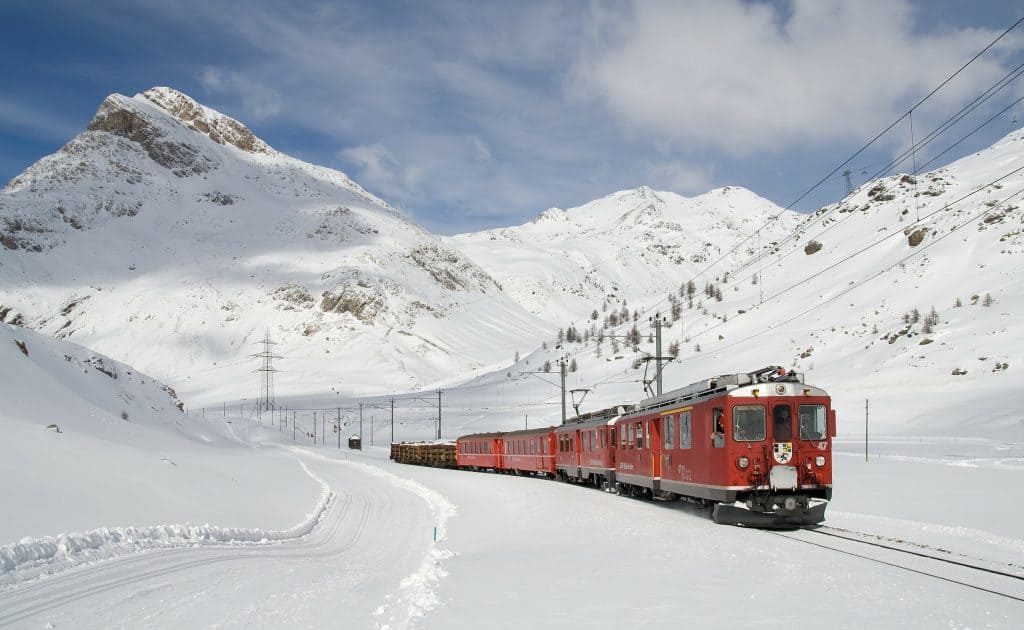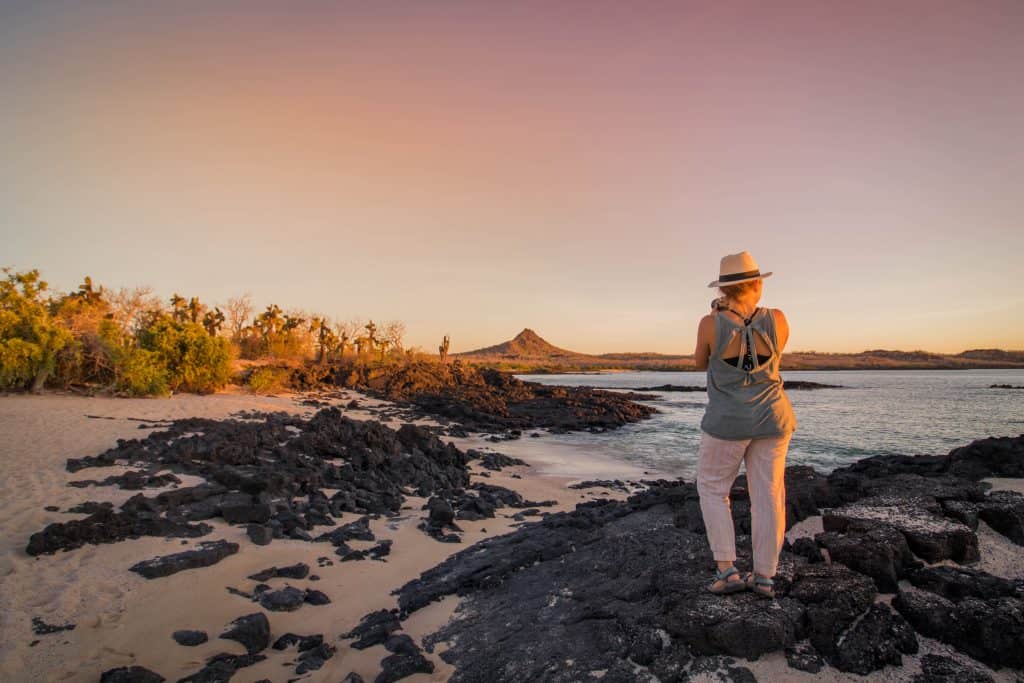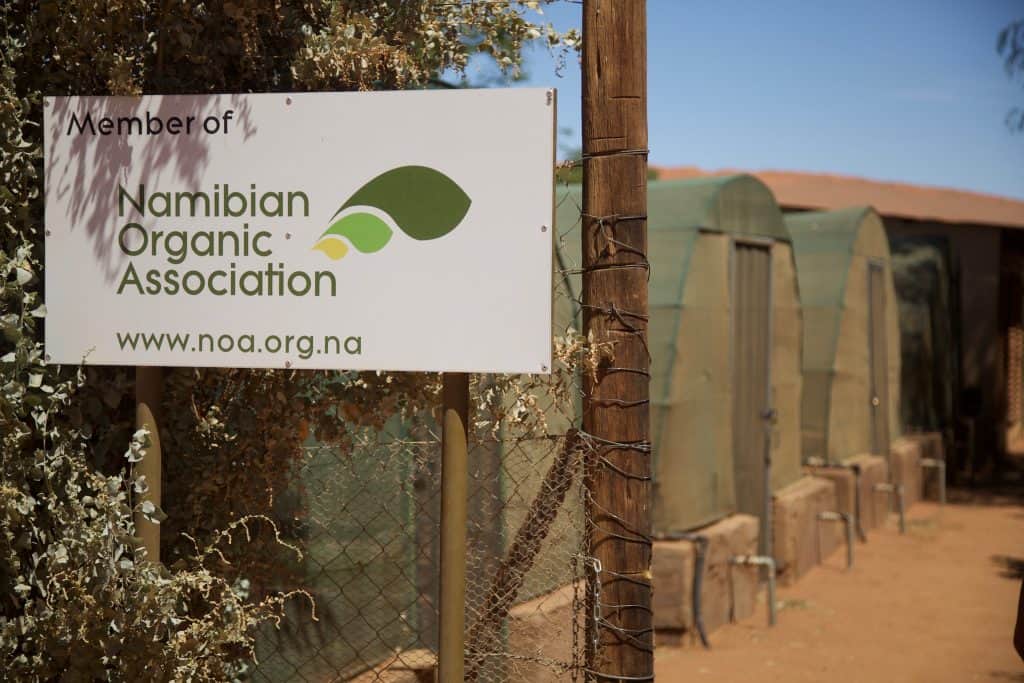A Guide on How To Travel Sustainably

When we talk about sustainable travel we often refer to eco-conscious travel, but that’s only one half of the puzzle. There is an important part of sustainable travel that’s being left out and that’s societal element. We’ve seen a number of tour operators and tourism boards push a new element and that’s the social impact of travel.
Social impact means that the money spent in a foreign country stays in a foreign country. It doesn’t do much good if my trip to Tanzania ends up with the majority of money spent going back to the US. That’s why we’ve often shied away from the allure of big resorts, that’s not to say they aren’t tempting – a big pool, satellite TV, reliable service, and comfortable rooms are enticing. Instead, we want to encourage a more sustainable form of travel.
There are three pillars to sustainable travel – reduce your impact, support local communities, and preserve nature. As our blog has grown and we see more of the world, it’s become increasingly important to us. When done correctly the goal is to find the right balance between development, economic growth, and preservation of cultural and natural assets. This is the goal set forth by a charity founded by United Nations.
How To Travel Sustainably
Focus On Local

A WTO study found in 2003 that only $5 of every $100 spent in a developing nation stayed in that nation. That’s pretty appalling when you think about the stress tourism can put on infrastructure along with historical and natural sites. There are a lot of parts to the puzzle here, but it comes down to the companies and consumers to make a change.
That’s why over the years we’ve pushed for boutique hotels, stayed in local guesthouses, apartment rentals, lodges, and focused on rural tourism. There is often comfort in knowing the owners, especially when they’re locally based. That’s not to say all international companies are bad!
In this day and age, we’ve refocused our attention on eating local products and goods at home. The same should be same for traveling abroad, eat the regional products, dine at local restaurants, and use local providers. Shop locally as well, the more we travel these days we’re finding a wealth of mass-produced items shipped over from China.
It’s often cheaper than the regional products, but a lot less authentic. You should buy the real alpaca in Peru, sombrero in Mexico, or carpets in Turkey even though they often cost more. The end result is usually a better product, and more wealth going into your host nations that extends down the supply chain.
Job Creation

Having an impact on the regions you travel extends beyond big volunteer trips, but requires a focus on small things. The importance of tourism in developing nations is job creation. This comes down to a classic saying, “if you give a hungry man a fish, you feed him for a day, but if you teach him how to fish, you feed him for a lifetime.”
The same could be said for volunteer vs. local travel. It’s possible that a five-star eco-lodge in the jungle has a larger impact on job creation and giving back than say a mission trip to build a local school. Though the creation of jobs, education, and preservation tourism down right can revitalize a community.
Slow Down

We’re slow travelers, which in the world of “influencers” and travel bloggers puts us in the minority. We often spend more than a month in each country we visit and try to spend more time at each destination. It’s something we encourage others to do in their travels as well.
Perhaps, your next trip to Europe does not need to be three or four countries, but instead one and to travel by train. Check out our Italy Itinerary if you’d like to see an example, all done by train. Slow travel means fewer planes and more public transport reducing your carbon footprint and adding more of an economic benefit to your host destinations.
Ditch The Plastic

This seems to be one travel moment we have over and over and over – watching plastic pollute our world. We feel like a broken record, but nearly every beach we visit is littered with plastic. However, this is only the tip of the iceberg with plastic particles projected to outweigh fish in a few decades. Start by reducing plastic waste, being conscious of your trash, carry a travel water bottle, and always decline plastic bags and straws.
We’ve begun traveling with eco-friendly bamboo straws, buy canvas bags at the grocery store, and doing our own beach cleanups. It’s simple and small stuff that can help make an impact and can easily be led by example. Keep in mind that although consumers are part of the problem, the largest polluters are still industry so make sure to do your research and purchase from companies with eco-friendly business practices.
Do Your Research

Speaking of research it can have the largest impact on your impact in regards to travel. If you use a tour operator it’s important to ask several questions in addition to research. Does the company employ locals? Do they care about the environment? Are they active in preserving cultural heritage? In what ways are you bettering the destination? These are questions that any good tour operator should be able to answer.
For example, in Namibia, we visited the safari lodge Wolwedans responsible for the foundation of a massive nature reserve, tourism schools, and an organic farm in the middle of the desert. Do your due diligence and you’ll be amazed at what people are accomplishing around the world through the use of tourism dollars.
Protect Wildlife

In our travels, we need to protect and treasure wildlife. We do not own this planet and share the home with many other living creatures. One of our primary reasons for travel these days includes exploring our world and witnessing wildlife in their natural habitats. It’s one of the reasons we’re obsessed with safari!
We firmly believe that everyone should take one trip in their life to learn about our fellow inhabitants. That could be a trip to the Galapagos, seeing the last mountain gorillas in Uganda, scouting sloths in the jungles of Costa Rica, or bush walking through the savannahs of Tanzania. It will help ignite the passion for conservation and preservation in all of us!
This doesn’t mean every animal attraction is ethical as it’s incredibly common to find animals exploited for tourism around the world. We’ve seen elephant rides in Asia, monkeys in chains in the markets of Marrakesh, dolphins in tanks in Mexico, and the list could go on and on. So make sure you are saying no to “sanctuaries” or experiences that harm animals. The same could be said for products made from local animals like fur, porcupine needles, or seashells.
Make it A Better Place


A new hobby of ours is to conduct our own beach cleanups and picking up litter when we see it. We also carry a collapsible bag on us whether it’s for groceries or an impromptu clean up. We found plastic bottles in the Galapagos, beaches of Greece, and coastline of Mozambique. If you’re going for a day hike it’s always a great idea to carry a bag with you to pick up trash left behind from others.
Give in the Right Way!

Many people with good intentions give out candy and even cash when they travel. We’ve also seen well-intentioned measures create unintended consequences through community conflict and dependency. When we traveled through Rwanda we could never escape the words of “give me money.” After two decades of foreign aid, it’s hard to escape the feeling of dependency.
This is why we’ve started to donate to charities that are involved in the local communities that we visit. Your dollars will likely go much further this way and have a greater impact on the community. Established organizations know how to handle donations, while you as a single person probably don’t. If you’re traveling with a tour operator it’s also common they may run their own community projects so check them out as well.
In fact, a percentage of the income generated through this blog is donated to charities around the world. We like to donate to the destinations, we visit around the world. Our last donation was to charity: water and to relief efforts in relation to the volcano in Guatemala. Later this year, we’re going to build a campaign to help raise funds for conservation. Stay tuned! If you guys find a charity or project your passionate about consider donating or buying a product from them. Even $5 can help!


Love this post and agree with every single point! If the travel is done unsustainably it has the power to destroy the environment and the local community. Sustainable travel is the only way to see the world, when you help to improve and preserve the place.